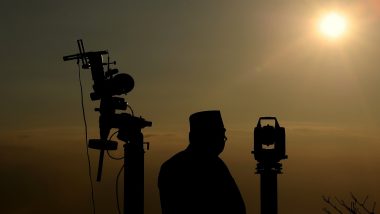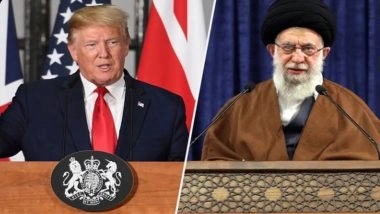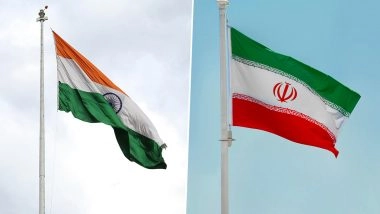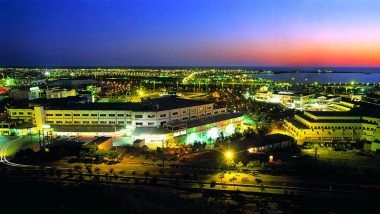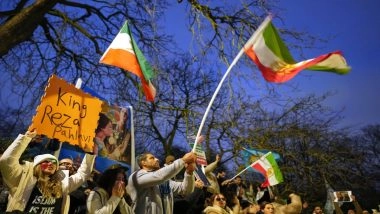The month of Ramzan begins on Friday in Syria as the crescent moon was seen on Thursday. However, the Hilal moon was sighted in Iran and Iraq. The first Roza of Ramzan would, therefore, be observed from Saturday, April 25.
The crescent has not been sighted in Iran. The first fast of Ramzan would, therefore, be observed from Saturday, April 25.
The Hilal Committees in Iran, Iraq, Syria, Lebanon, Palestine and other nations are on the lookout for the Ramadan crescent. The moon-sighting bodies are also awaiting the decision to be taken by Saudi Arabia. The KSA is expected to finalise its decision shortly.
The Hilal Committee personnel in Iran, Iraq, Syria, Lebanon and Palestine are on the lookout for the crescent of Ramadan ul Kareem.
The official announcement confirming whether the Ramadan moon is sighted will be made shortly in Iran, Iraq, Syria, Lebanon and Palestine.
The Levantine belt will attempt to sight the Ramadan 2020 crescent on Thursday. The Hilal Committees in Iraq, Iran, Syria, Lebanon, Palestine and Israel would be convening today evening to ascertain whether the moon was sighted. If the crescent gets sighted, the fasts will begin from Friday. Stay tuned here for the live news and updates of Ramadan moon sighting in the Middle East. Ramadan 2020: What is Permitted And Not Allowed For Muslims During Ramzan?
If the moon remains invisible today, the region will observe Ramadan from Saturday. With the sighting of the crescent, the Taraweeh or Quran recitation will begin from tonight in all mosques in the Middle East region. If the moon is not sighted, the Taraweeh namaz will be held from Friday, April 24. Ramadan 2020 Date in India: When is Moon Sighting For Ramzan? Know How Many Days Left Till Fasting Month Starts.
The Middle East region barring Iran will also wait for the announcement to be issued by Masjid al-Haram in Mecca. The Saudi authorities, after confirming with their Hilal committee, is expected to make an announcement post Namaz-e-Maghrib.
Ramadan is observed by Muslims worldwide as a month of fasting. During the period, Muslims abstain from all forms of food and liquid, including water. However, minors, those reeling under illness, elderly, pregnant and menstruating women are exempted from fasting.




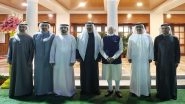

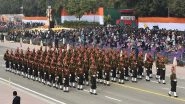






 Quickly
Quickly